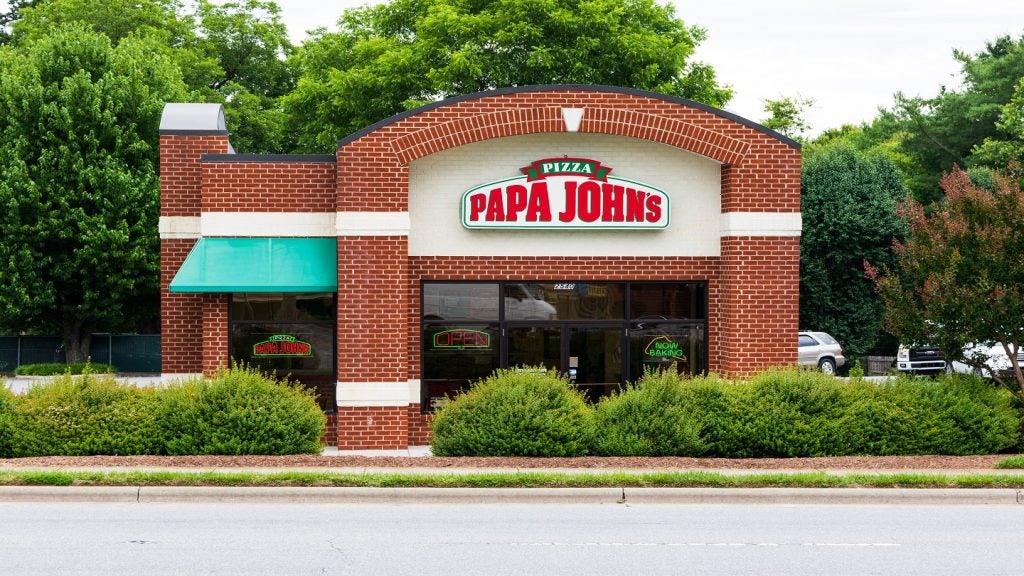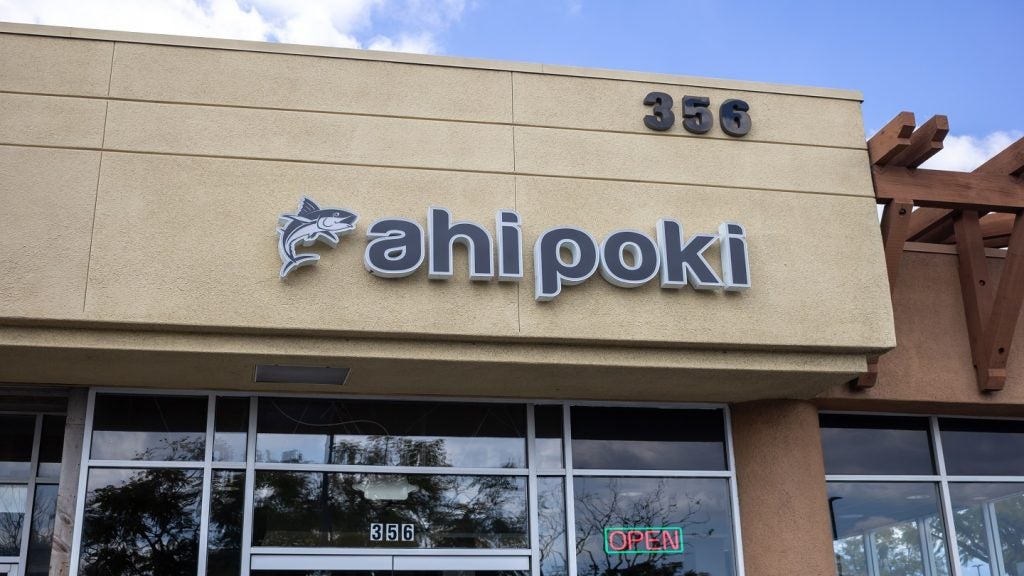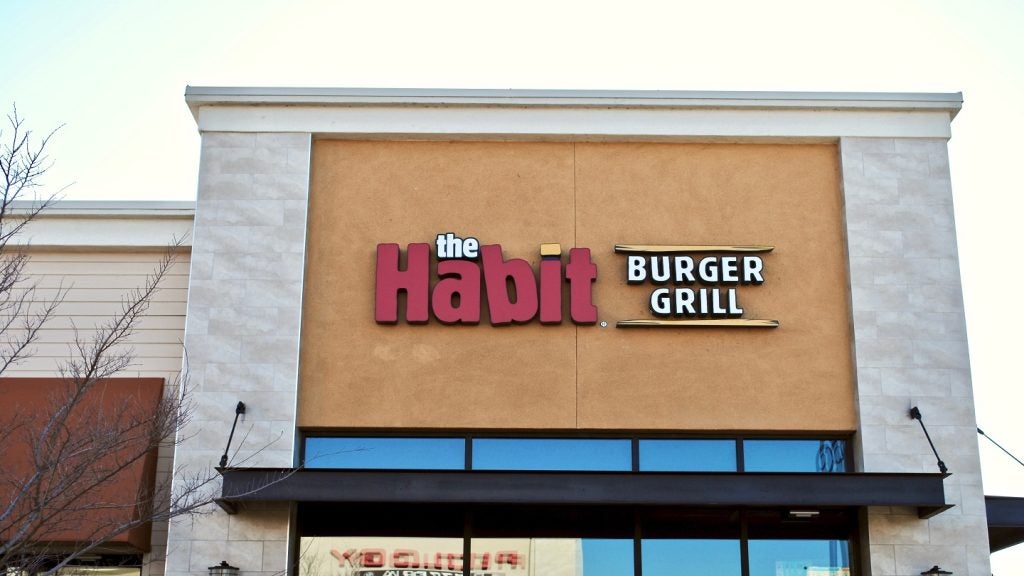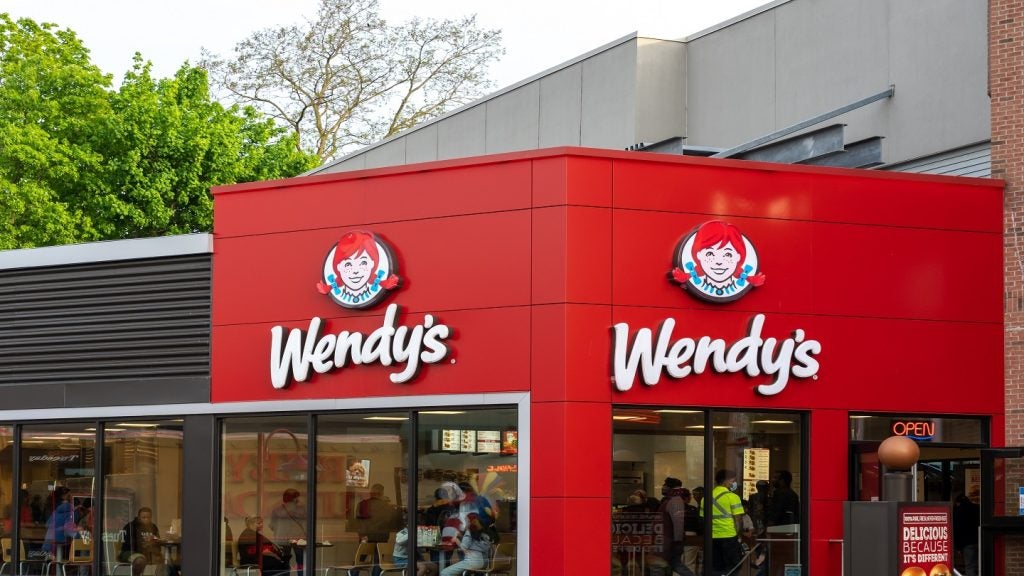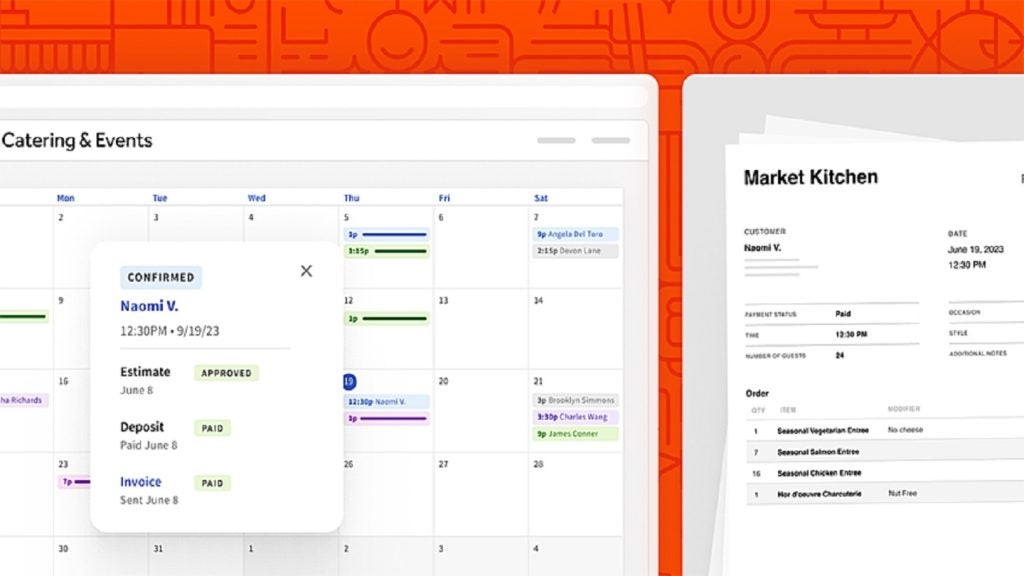California-based restaurant operator Dine Brands Global has posted a 23.5% decrease in its second-quarter (Q2) net income.
This decrease is due to a loss in the disposition of assets and higher general and administrative (G&A) expenses.
Net income available to shareholders for the three months to June 2023 was $17.8m, or $1.16 per share, compared with $23.3m, or $1.45 a share, in Q2 2022.
The parent to Applebee’s Neighborhood Grill & Bar, IHOP and Fuzzy’s Taco Shop restaurants also recorded a fall in its total revenues, which slipped 12.4% to $208.4m from $237.8m.
This was largely driven by the refranchising of 69 company-operated Applebee’s units in October 2022 and a fall in same-store sales at Applebee’s.
It outweighed IHOP's 2.1% growth in domestic same-store sales.
Consolidated adjusted earnings before interest, taxes, depreciation and amortisation (EBITDA) at Dine Brands Global rose to $67.3m in Q2 2023 from $66.1m in the prior year. G&A expenses increased to $47.8m from $44.1m.
Looking ahead to 2023, the group forecasts a consolidated adjusted EBITDA of $243-255m, $200-$210m of G&A expenses and between $33m and $38m in gross capital expenditures.
Dine Brands Global CEO John Peyton said: “Dine Brands is well-positioned to invest in our brands, drive growth and maximise returns. Despite some market volatility, our business model’s resiliency is evident through consistent financial results, enabling us to pursue long-term growth opportunities, debt reduction and returning capital to shareholders.
“Looking ahead, we will continue to maintain our disciplined approach to creating value for stakeholders and demand from our guests.”




